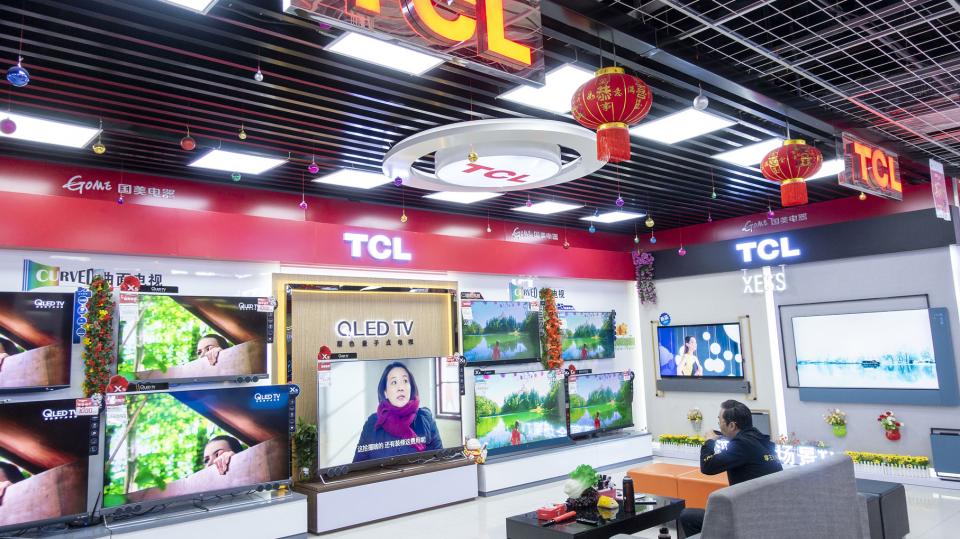The central government plans to implement policies to spur domestic spending on autos and home appliances as a way to boost sluggish domestic consumption, Ning Jizhe, vice chairman of National Development and Reform Commission, recently told the media.
However, Pan Xiangdong, chief economist with New Times Securities, cast his doubts on the policies’ effectiveness, arguing that both sectors are unlikely to see more incremental growth, news portal jiemian.cn reported.
According to the statistics from China Association of Automobile Manufactures, in 2018, China’s automobile sales totaled around 28 million vehicles, a decrease of 2.8 percent compared with 2017 – the first annual decline in 28 years.
Pan said there are four main reasons behind the decline in auto sales: consumption stimulus policies have overdrawn demand, slowing GDP, credit contractions from deleveraging policies and the impact of import tariff adjustments.
The expectation is that the government will reduce purchase taxes, promote the purchase of cars in rural areas and provide energy saving subsidies to stimulate automobile consumption.
However, Pan argues such policies mainly focus on the demand side. As car ownership becomes more common, demand from first-time buyers will gradually decrease, while inventory demand, or car owners looking to trade in for a new car, will increase. This makes creating a substantial increase in consumption difficult.
For the decline in household appliances sales, Pan said the main reason is that the growth rate of commercial housing sales fell from 5.4 percent to 2.1 percent in 2018. Although there may be a new round of programs to expand sales of household appliances in rural areas in the future, the growth rate still may not significantly recover due to decreased real estate development.
Pan urged to address the three biggest problems hindering consumption, including slowdown of income growth, high households' mortgage payment and insufficient supply of services needed by consumers.

 Old Version
Old Version